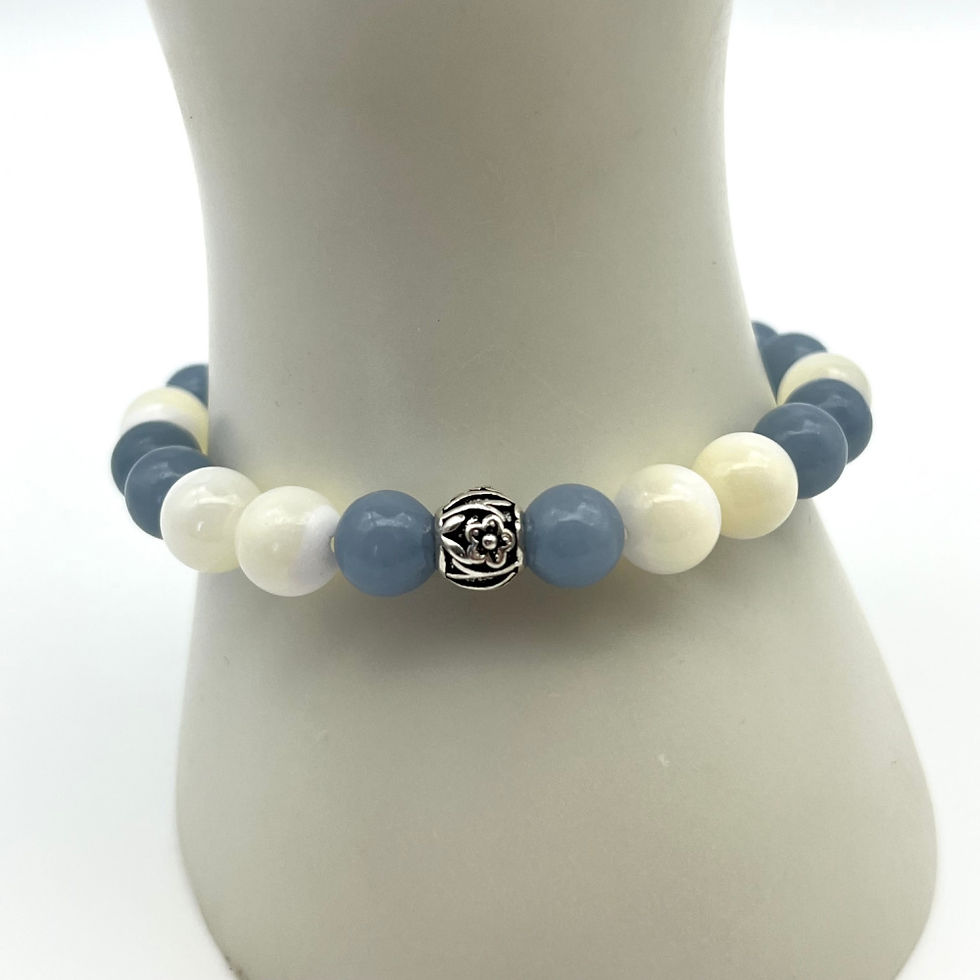*This is a collaborative guest post
Heating oil is more susceptible to price fluctuations than gas or electricity. In some ways, this can work out really well – canny buyers place their Emooil.com orders in the summer when prices are traditionally at their lowest. However, you can never save too much money, and so by using additives to your heating oil, you can make it work even harder for you.
What are additives?
Heating oil additives are mixtures of detergents, stabilizers, dispersants, corrosion inhibitors and other compounds which help to keep the oil in good condition and make the boiler more efficient.
Oil boilers usually work by spraying the oil from fine nozzles and burning it in air. These nozzles and the heat-transferring components can become caked up with various deposits and residues like soot and partially-burned oil. These deposits can hamper the transfer of heat to the water, so the boiler has to work a lot harder to achieve the temperature set by the thermostat. Oil additives can break these deposits down, as well as prevent them happening in the first place, which can only save money.
Reducing or eliminating sludge and sooty deposits helps your boiler to stay running happily. The older the boiler, the more vulnerable it is to wear and tear, rust and caking, so the detergents and lubricants in the additives will give the internal components a lot of help to carry on working smoothly. You only need a small amount, too – a 200ml bottle of additives will treat 1,000 litres of heating oil.
You still need your engineer
Additives don’t mean you can do without your annual inspection and overhaul, though. There are problems that additives can’t prevent or solve, so make sure you have at least one check a year.
Your fuel itself is also maintained by additives. Over time, with heat and moisture, your oil can start to degrade, so the antioxidants in your additives can slow this right down. For the best effect, the additives should be poured into the oil at delivery, but it’s not a disaster if they’re added later.
More about additives
The additives won’t change the chemical composition of your heating oil so it won’t burn any more efficiently. If you want more efficiency, you’ll need to upgrade your boiler.
If you can get premium kerosene from your supplier, then do so, as this already has all the necessary additives put into it before it’s sold. It’s true that premium kerosene is more expensive than regular, which may be off-putting initially, but just think about all the benefits you’ll get. By the end of the winter that extra expense will have been well worth it.
Another trick up your sleeve
Using additives in your heating oil probably isn’t the first thing you think of when you look for ways to save money; most likely you consider turning down your thermostat a notch or two, buying cheaper oil or putting on another jumper. Using oil additives is a much easier and comfortable way to save money on oil, though, and all you need is a small bottle to see you through the winter!








.png)





































